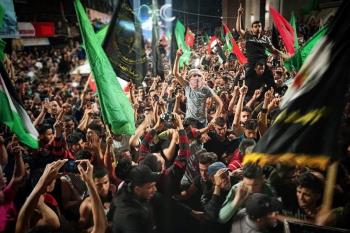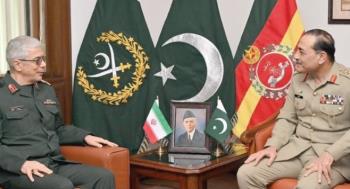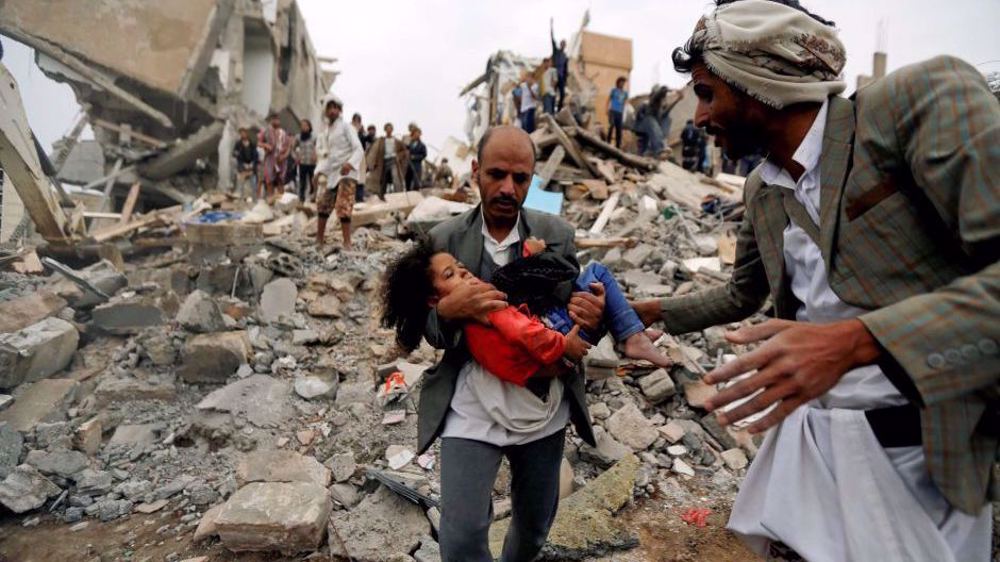Alwaght- Italy alleviated restrictions on the weapons sales to Saudi Arabia and the United Arab Emirates (UAE) despite the regime's continued aggression on Yemen.
In July 2019, the Italian government temporarily suspended arms sales to the two aggressor regimes, amid a public outcry over the two kingdom’s leading role in the war, which the United Nations says brought about the world’s worst humanitarian crisis in Yemen.
In January this year, Italy’s Foreign Minister Luigi Di Maio made the ban permanent and announced that “the government has revoked the authorizations underway for the export of missiles and aircraft bombs to Saudi Arabia and the United Arab Emirates.”
“[This is] an act that we considered due, a clear message of peace coming from our country. For us, respect for human rights is an unbreakable commitment,” he said in a statement back then.
The Italian Network for Peace and Disarmament said Rome’s decision would prevent the sale of around 12,700 missiles to Saudi Arabia.
The blocked sales were part of a total allotment of 20,000 missiles worth $485 million agreed in 2016 under the center-left Italian government of then-Prime Minister Matteo Renzi, the disarmament group added.
Infuriated by the embargo, the UAE reportedly refused to allow an Italian air force plane to enter Emirati airspace upon return from Afghanistan. It triggered Italy to summon the Emirati ambassador to Rome, Omar al-Shamsi.
Abu Dhabi also asked Italy to withdraw aircraft and personnel from the al-Minhad air base in the Persian Gulf state by July 2.
On Tuesday, Reuters cited Italian government sources as saying that the country had loosened restrictions on arms exports to Saudi Arabia and the UAE.
The ban on the sale of 12,700 missiles will remain in place, but a foreign ministry directive seen by Reuters said that other curbs introduced in 2019, which effectively blocked any sales of arms and equipment that might be used in Yemen, would now be lifted.
“All existing authorizations are to be considered valid even without this requirement,” said the brief directive that was signed on Monday.
“We are now returning to a normal (export) regime. The weapons can potentially be used in Yemen,” said Michele Nones, deputy president of the Italian Foreign Affairs Institute (IAI).
Saudi Arabia launched the devastating military aggression on its southern neighbor in March 2015 in collaboration with a number of its allied states such as the UAE and with arms and logistics support from the US and several other Western countries.
The aim was to return to power a Riyadh-backed former regime and crush the popular Ansarullah movement, which has been running state affairs in the absence of an effective government in Yemen.
The offensive has failed to achieve its goals, but pushed Yemen to the brink, killed tens of thousands of innocent people and destroyed the impoverished country’s infrastructure.



























